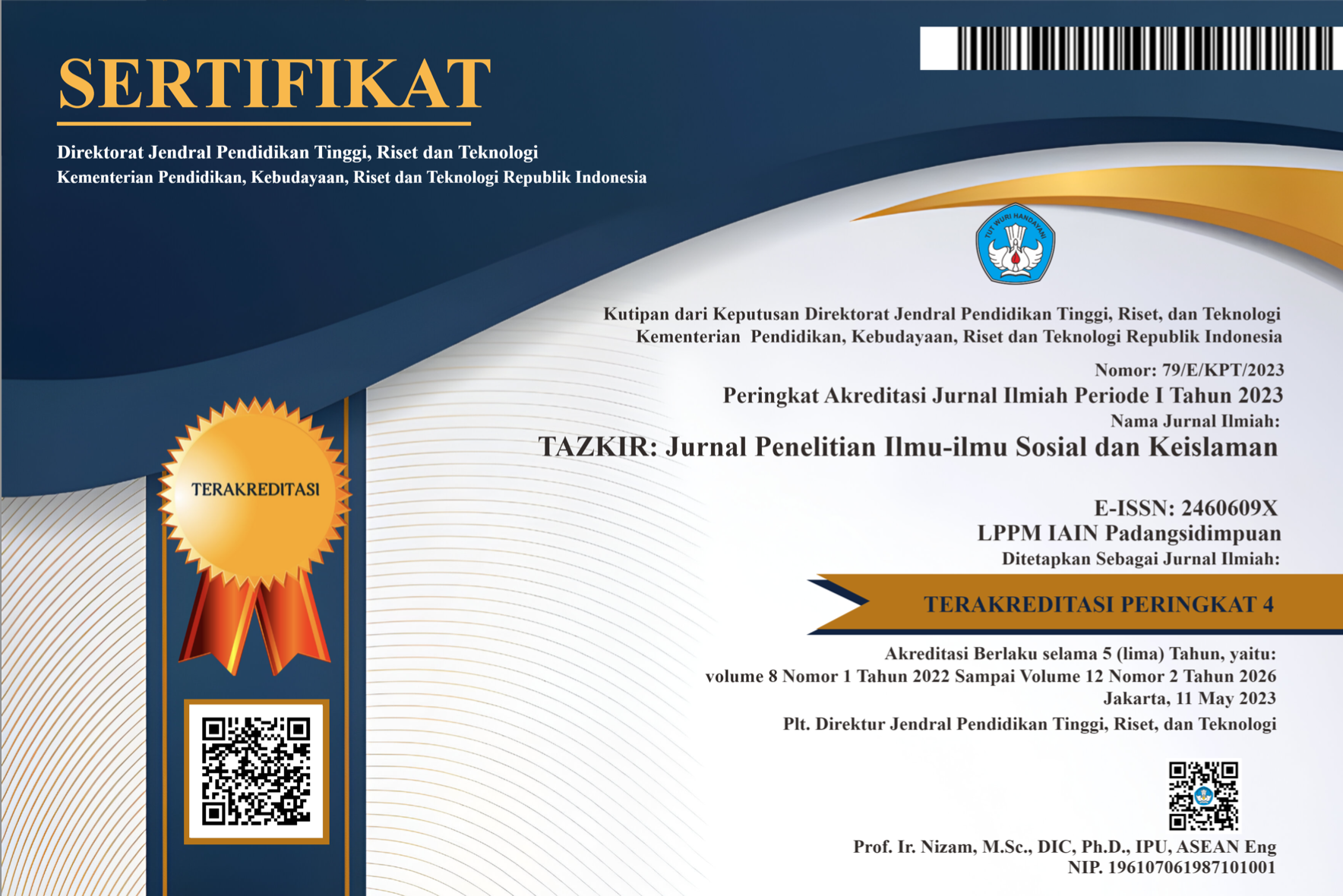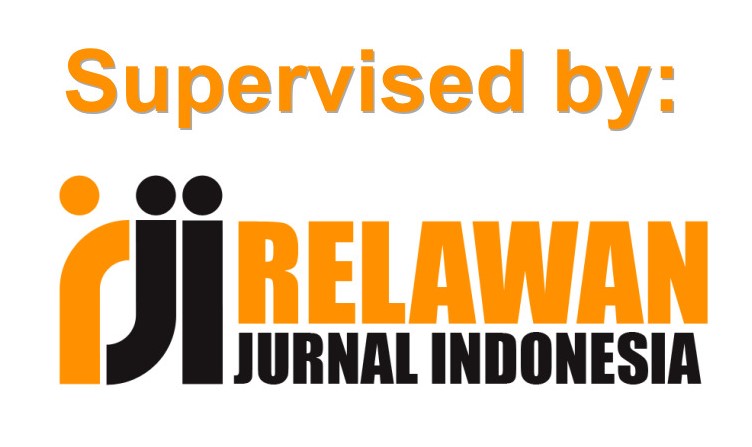Persepsi Ulama Kota Langsa Terhadap Kepemimpinan Wanita ( Studi Kasus Pilkada Walikota Langsa )
Abstract
In this day and age, women take part in almost all fields of activity or work, including in regional head elections. The advantage of a man over a woman is that he has the ability to think, which is why he gives birth to courage, strength and the ability to overcome various difficulties. Meanwhile, women are more sensitive and emotional. In reality and current reality shows that the view of the greatness of men and the weakness of women from the intellectual and professional side. The purpose of this study is to analyze the perceptions of the Ulama Kota Langsa on the leadership of women in the local elections for the mayor of the City of Langsa and to identify the factors that influence the different perceptions of the Ulama Kota Langsa about the leadership of women in the City of Langsa. The method used in this study is a qualitative descriptive research method that produces data in the form of written and spoken words from the subject under study. The main target of this research is the ulama of Langsa city. Data collection techniques are observation, in-depth interviews and documentation. The data validity used is data triangulation technique. Data analysis includes 4 things, namely data collection, data reduction, data presentation, and drawing conclusions. The result of this research is that the Ulama of Langsa city show that women can be leaders in the public sector, but the concept of understanding ideal leadership in Islamic teachings which they understand places men as the top priority to become leaders. Women are deemed to be allowed to become leaders if there are no men who are able to hold the position or the woman has more talent or expertise than the existing men.
Full Text:
PDF [INDONESIA]References
Astuti, 2008, Konstruksi Gender Dalam Realitas Sosial, Semarang; UNNES Press.
Burhan Bungin, 2001, Metodologi Penelitian Kualitatif, Jakarta: PT Raja Grafindo Persada.
Cholid Narbuko Dan Abu Ahmadi, 2003, Metode Penelitian, Jakarta: Bumi Aksara.
Departemen Agama RI, 2014, Al-quran Terjemahan, Bandung: Diponegoro.
Jalaluddin Rahmat, 1995, Metode Penelitian Komunikasi Dilengkapi Contoh Analisis Statistik, Bandung, Remaja Rosdakarya.
Hasan, Ali, 2003, Masail Fiqhiyah Al-Haditsah Pada Masalah-Masalah Kontemporer Hukum Islam. Jakarta: PT. RajaGrafindo Persada.
Husaini Usman dan Purnomo Setiady Akbar, 2009, Metode Penelitian Sosial, Jakarta: Bumi Aksara.
Farouk Muhammad dan Djali, 2005, Metode Penelitian Sosial, Jakarta: PTIK & Restu Agung.
Kartini Kartono, 2002, Pengantar Metodologi Research Sosial, Bandung: Alumni.
Lexy J. Maleong,2007, Metode Penelitian Kualitatif, Bandung: Remaja Rosdakarya.
Muhammad Ali Ash-Shalabi, 2012, Sejarah Lengkap Rasulullah Saw: Fikih dan Study Analisa Komprehensif, Jakarta: Pustaka Al-Kautsar.
Muhammad, Husein, 2001, Fiqh Perempuan Refleksi Kiai Atas Wacana Agama dan Gender, Yogyakarta: LKiS.
M. Zainuri, 2007, Partisipasi Politik Perempuan (Perspektif Tradisi Islam Lokal Kudus), Tesis Universitas Diponegoro, Semarang.
Moh. Nasir, 1988, Metode Penelitian, Jakarta: Ghalia Indonesia.
Masganti Sitorus, 2011, Metodologi Penelitian Pendidikan Islam, Medan: IAIN Press.
Mulia, dkk, 2005, Perempuan dan Politik, Jakarta: PT. Gramedia Pustaka Utama
Ni‟matul Husna, 2010, hak politik perempuan Islam menurut Benazir Bhutto, Tesis UIN Sunan Kalijaga, Yogyakarta.
Sugihartono, dkk, 2007, Psikologi Pendidikan, Yogyakarta: UNY Press.
Sugiyona, 2005, Memahami Penelitian Kualitatif, Bandung: Alfabeta.
Winarno Surachman, 1985, Pengantar Penelitian Ilmiah, Bandung: Tarsito.
Walgito, Bimo, 2003, Psikologi Sosial Suatu Pegantar, Yogyakarta: Andi.
DOI: https://doi.org/10.24952/tazkir.v6i2.2720
Refbacks
- There are currently no refbacks.
Copyright (c) 2021 TAZKIR: Jurnal Penelitian Ilmu-ilmu Sosial dan Keislaman

This work is licensed under a Creative Commons Attribution-ShareAlike 4.0 International License.






